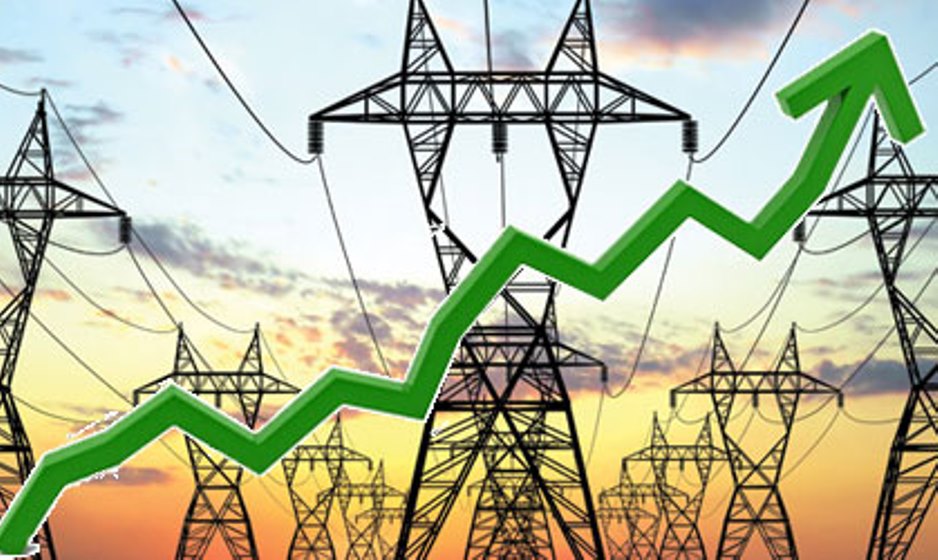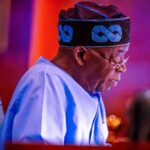The signing into law of the 2023 Electricity Reform Act by President Bola Ahmed Tinubu has thrown open the possibility of more investors to help the country meet up with its energy needs.
Nigeria’s power sector was opened to private investors in 2014 through the Electric Power Sector Reform Act (EPSRA) which left transmission of electricity exclusively to the federal government while the remaining two subsectors, generation and distribution, were left to the private sector.
But the reform did not yield much progress as anticipated with inherent challenges manifesting, thus forcing the government to play a significant role in all sectors of the industry in a bid to stabilize the market.
Pricing was regulated to enable citizens to afford electricity bills at subsidised rate, as such, the model has limited investment in infrastructure in the sector as priority was given to consumption.
- Don’t close Anambra newspaper, NUJ urges Soludo
- Education board equips FCT schools, students to boost IGR
What the new law says
The 2023 Electricity Act was signed after former President Muhammadu Buhari signed the Constitutional Amendment bill into law.
The bill, which removed electricity from the exclusive list and moved it into the concurrent list, gives state legislatures the power to enact electricity laws in their respective states.
According to media reports, “The Law ensures the de-monopolization of Nigeria’s electricity generation, transmission, and distribution at the national level and empowers states, companies and individuals to generate, transmit and distribute electricity.”
Subsequently, states can issue licenses to private investors who can operate mini-grids and power plants within the state. However, the act precludes interstate and transnational electricity distribution.
Similarly, the Nigerian Electricity Regulatory Commission (NERC), which is the federal regulator, would carry out its functions without intervening in the laws made by the state.
With Kaduna, Lagos and Edo the only states with their own electricity laws, NERC is allowed to continue regulatory function for the remaining states until they established theirs, it would provide a transition regulatory clout to state regulators when they are established.
The new law is silent on interstate generation, distribution and transmission of electricity, and NERC is expected to carry out cross-border regulations.
The act also allowed federal lawmakers to exercise oversight over the power sector through its committees on Power in the Senate and House of Representatives despite the “supervisory powers of any government ministry over government-owned enterprises or other entities operating in the Nigerian electricity supply industry.”
It further urged those allowed to generate electricity to meet up with the renewable energy goals set by NERC as they are mandated to “either generate power from renewable energy sources, purchase power generated from renewable energy or procure any instrument representing renewable energy generation.”
The Electricity Act also mandates the imposition of renewable purchase obligations on distribution or supply licensees, adding that “anyone may construct, own or operate an undertaking for generating electricity not exceeding 1 megawatt (MW) in aggregate at a site or an undertaking for distribution of electricity with a capacity not exceeding 100 kilowatts (KW) in aggregate at a site, or such other capacity as NERC may determine from time to time, without a license.”
Why states entering the market matters
Nigeria operates a centralized method of power generation due to most electricity coming from hydro and gas power plants scattered around the country. This form of generation of power runs by connecting consumers through a huge network of transmission lines due to distance.
With little investment made on the transmission lines over the years and the power plants not springing up to meet the population growth, more constraints are being put on the already ageing power infrastructure. But with the new law, state governments could facilitate investments that would bring power plants closer to the populace through off-grid connections.
Also, the provision of investments in renewable energy in the energy mix would provide a cheaper and safer alternative to gas-powered power plants. Thus, states like Lagos, Ogun and Port Harcourt with thriving industries can generate their own power to feed the industries while the moribund industries in the northern states can be revived.
More woes for distribution companies
The failure of the existing distribution companies (DisCos) to properly shoulder the expectations Nigerians placed on them after the overhaul of the power industry has led to most of them underperforming.
The situation has led to the takeover of the Abuja DisCo and the change of management of five others by their funders including the proposal to cancel the license of Kaduna Electric due to non-remittance of over N51 billion in energy bills it had accrued.
With the new law enabling competition and if state law allows for electricity consumers to move from one distribution company to another, the existing DisCos would further feel the heat as they would lose more customers if better services are provided.
Also, the nation is no longer in the mood of subsiding energy consumption with the removal of fuel subsidy. If the government’s interventions stop in the electricity sector and the current low generation of bills from consumers continues, the act would compound the woes of the distribution companies.
Speaking with Daily Trust, the President of Nigeria Consumer Protection Network, Kunle Kola Olubiyo, said the act would give good backing to the deregulation and break the monopoly of the electricity market.
Olubiyo stated that states now have ample opportunity to excel in the generation, transmission and distribution of electricity within the 36 states.
“This will promote a competitive electricity market and give end-users the right to alternatives as the 36 state governments can now partner with local and foreign investors to invest in the electricity sector’s value chain within their jurisdiction.”
“These will be devoid of the unnecessary bureaucratic bottleneck of notorious federal government institutions that we have seen in the past where they deliberately frustrated efforts by states like Lagos and Rivers State governments in addressing challenges of stable power supply in their domain.”




